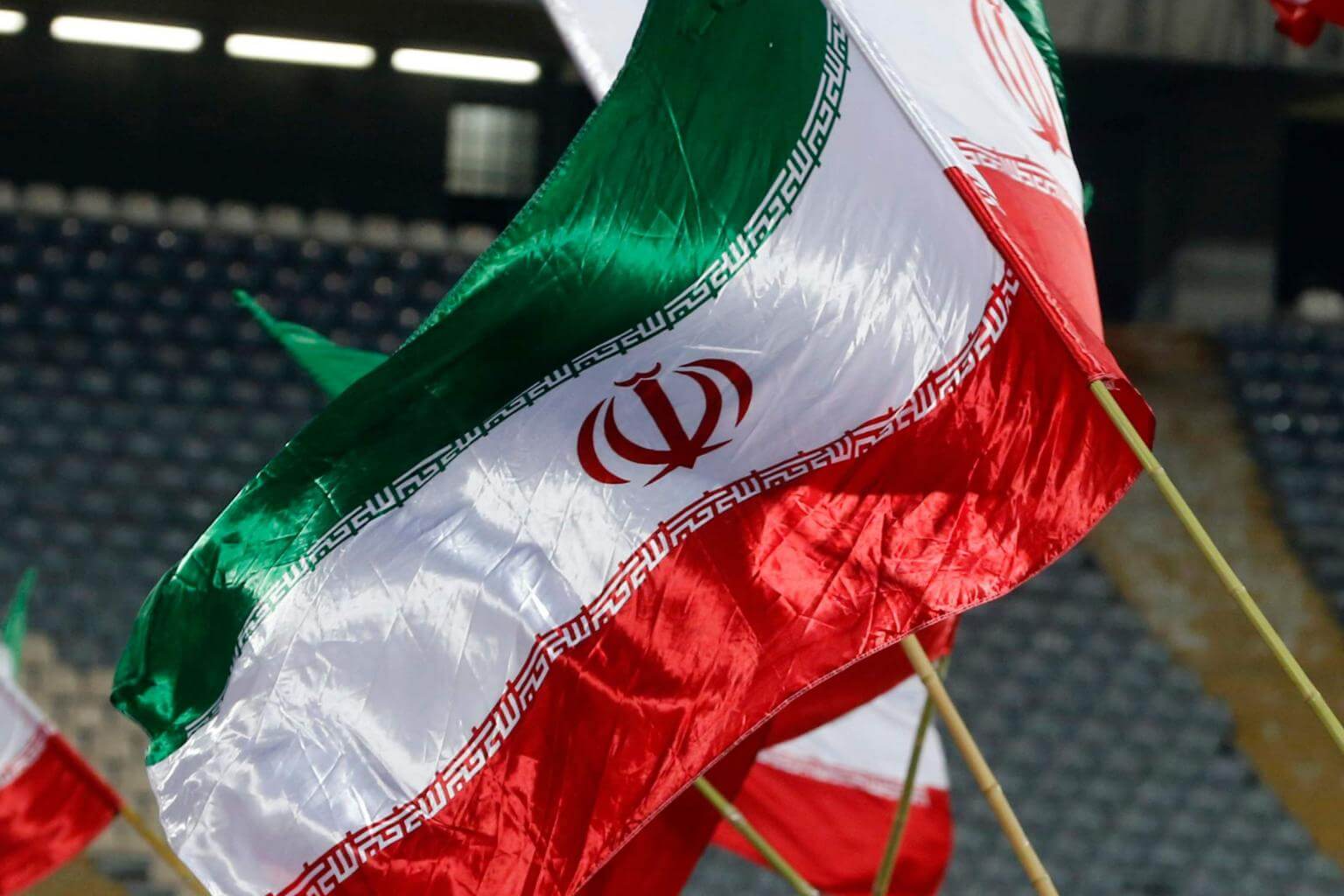Iran says US withdrawal from nuclear deal 'illegal', talks must include return to deal
Sign up now: Get ST's newsletters delivered to your inbox

An adviser to Iranian President Hassan Rouhani said Iran had showed its openness to dialogue in the past, particularly with the phone call between Mr Rouhani and Barack Obama in 2013.
PHOTO: AFP
TEHERAN (REUTERS, AFP, BLOOMBERG) - Iran on Tuesday (July 31) baulked at US President Donald Trump's offer for a meeting with President Hassan Rouhani, with Mr Rouhani condemning the "illegal" US withdrawal from a 2015 nuclear deal with Teheran, while his adviser said any talks had to start with a return to the deal.
"The Islamic Republic has never sought tension in the region and does not want any trouble in global waterways, but it will not easily give up on its rights to export oil," Mr Rouhani was quoted as saying by his official website in a meeting with British Ambassador to Teheran Rob Macaire.
"After the US illegal withdrawal from the nuclear deal, the ball is in Europe's court now," Mr Rouhani said on Tuesday.
In May, the United States pulled out of the 2015 deal between world powers and Teheran under which international sanctions were lifted in return for curbs on its nuclear programme. Iran and other signatories, especially European powers, have been working to find a way to salvage the nuclear agreement despite the withdrawal of the United States.
Mr Rouhani and some senior military commanders have threatened to disrupt oil shipments from Gulf countries through the Strait of Hormuz if Washington tries to strangle Teheran's oil exports.
US President Donald Trump said on Monday (July 30) he would be willing to meet Iran's leader with "no preconditions" to discuss how to improve ties.
"I would certainly meet with Iran if they wanted to meet," Mr Trump said during a joint press conference at the White House with Italian Prime Minister Giuseppe Conte. "I don't know if they're ready. They're having a hard time."
Hours later the White House appeared to walk back those comments.
"If the Iranian regime changes its behaviour in the ways we've identified, the United States is prepared to take actions to end sanctions, reestablish full diplomatic and commercial relations, permit Iran to have advanced technology, and support the reintegration of the Iranian economy into the international economic system," Garrett Marquis, a National Security Council spokesman, said late Monday afternoon.
An adviser to Mr Rouhani had said on Tuesday that any talks with the United States had to start with reducing hostility and a return to the nuclear deal.
"Respect for the great nation of Iran, reduction in hostilities, US returning to the nuclear deal... That will open the rocky path of the moment," wrote Mr Hamid Aboutalebi on Twitter.
Humiliation
It is not a good time for Iran to negotiate with the United States, a senior Iranian parliamentarian said on Tuesday.
"If Trump had not withdrawn from (Iran's) nuclear deal (with world powers) and had not imposed sanctions on Iran, there would be no problem with negotiations with America," Ali Motahari, the deputy speaker of parliament, was quoted as saying by the state news agency IRNA.
"But negotiating with the Americans would be a humiliation now," he said.
Mr Trump is set to reimpose full sanctions on Iran in two stages in August and November. He says he wants a new deal that goes beyond limiting Iran's nuclear programme and includes curbs to its regional behaviour and missile programme.
During his news conference on Monday, Mr Trump cited his experience meeting with North Korean leader Kim Jong Un in Singapore last month as a sign of his willingness to help address concerns of war and peace.
Mr Trump has said the summit - the first ever between the leaders of the US and North Korea - has fostered his goal of denuclearising North Korea, though its unclear if Mr Kim shares that commitment.
When discussing critical issues, "you meet," Mr Trump said on Monday. "There's nothing wrong with meeting."
One possible opportunity would be during the annual United Nations General Assembly in late September. Mr Rouhani typically attends the meetings in New York.
'Colour us unimpressed'
Mr Trump began ramping up the public pressure on Iran about a week ago, saying on Twitter that the US won't tolerate
Iran's "DEMENTED WORDS OF VIOLENCE & DEATH" - a response to a warning that Iran's leader made to Mr Trump.
Iran's "DEMENTED WORDS OF VIOLENCE & DEATH" - a response to a warning that Iran's leader made to Mr Trump.
The tweet followed a speech by US Secretary of State Mike Pompeo labelling Iranian leaders "hypocritical holy men" and calling out many by name for alleged corruption.
Iran's Foreign Minister Mohammad Javad Zarif responded to Mr Trump's tweet last week, posting on Twitter, "colour us unimpressed."
He added that "the world heard even harsher bluster a few months ago" and "We've been around for millennia & seen fall of empires, incl our own, which lasted more than the life of some countries. BE CAUTIOUS!"
Mr Trump's tough public line echoes the one he used against North Korea last year - warning of "fire and fury" he could rain down on Pyongyang - provoking fears of a military conflict that eased when the two leaders agreed to meet.
Both Mr Pompeo and Mr Zarif will be in Singapore for meetings with Asean leaders this week, but a senior State Department official told reporters on Tuesday they will not meet.
"Iran is not a member of any the multilateral gatherings so there are no plans for any engagement with Iran," the official said.
"Iran is not a member of any the multilateral gatherings so there are no plans for any engagement with Iran," the official said.


